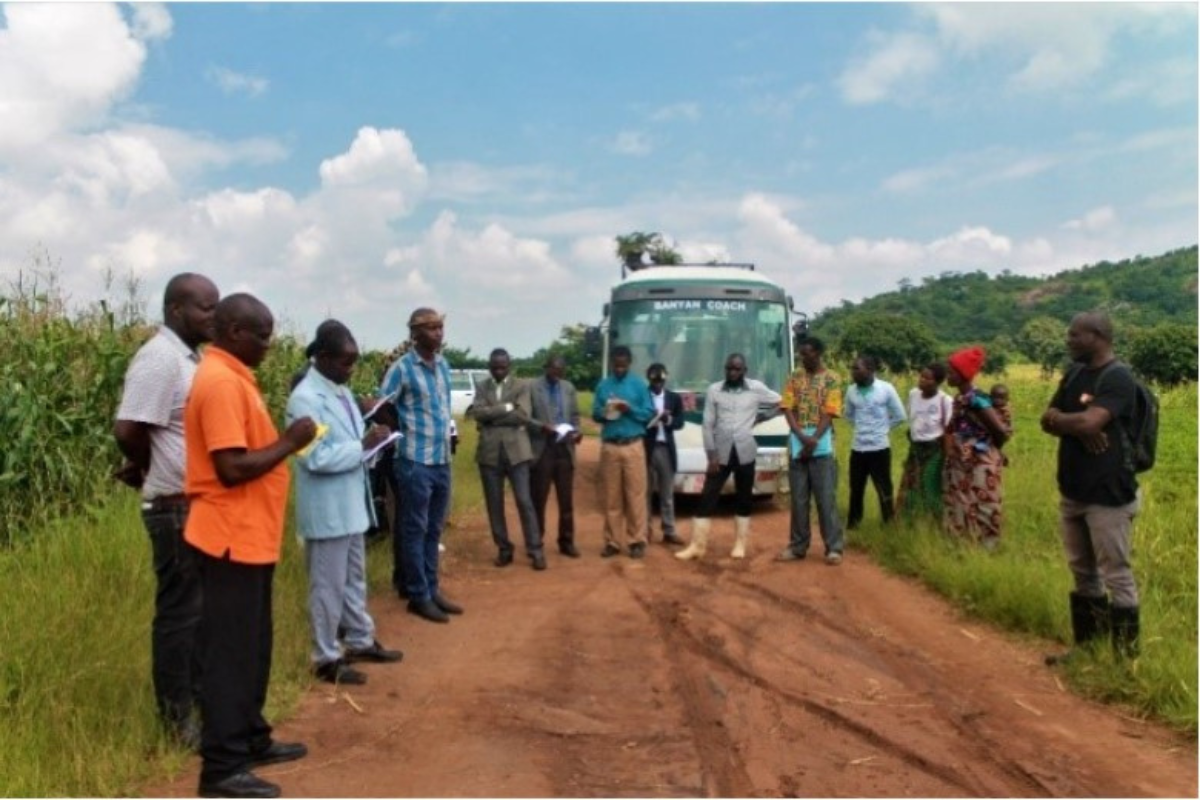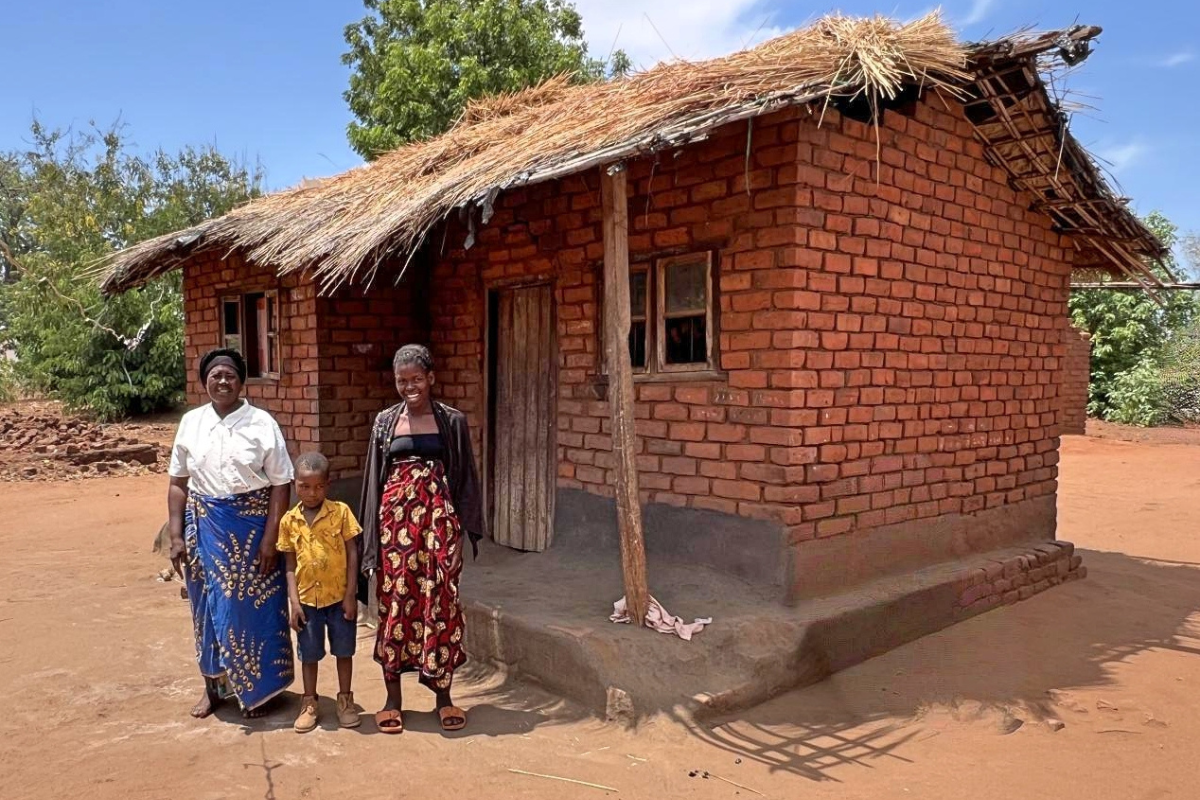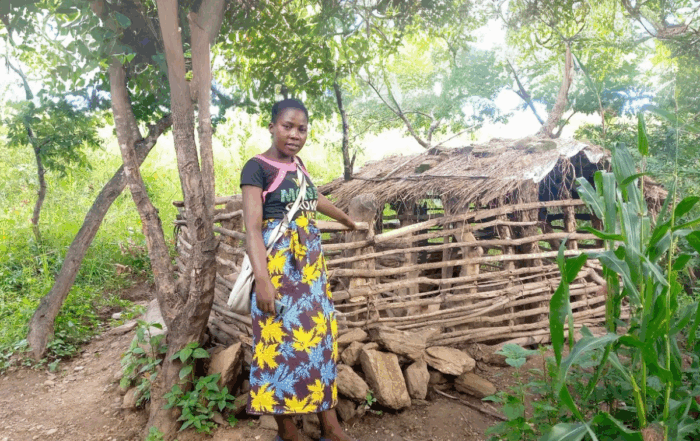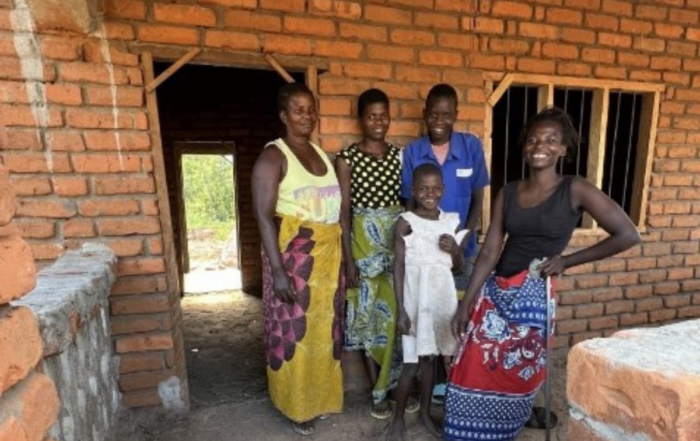Hope for a better future: a community works to end deforestation

Located in the northern region of Malawi, the town of Rumphi has faced ongoing challenges with flooding over the last few years. Most families in Rumphi earn a living farming, and so each rainy season now comes with the worry and stress that crops, property, and homes could be damaged or destroyed. This past year, the local hospital was impacted by flooding; the hospital’s entire supply of medicine was washed away and patients had to be evacuated.
Job opportunities are scarce in the region, so to make ends meet, people often cut down the trees on surrounding hillsides to sell as firewood and homemade charcoal. As a result, deforestation is now one of the major causes of flooding in Rumphi. As trees are removed, the soil is eroded from hillsides and in the “dimbas” (gardens in the wetlands) siltation occurs. In turn, siltation and erosion have led members of the community to clear more forested areas to start new farms.
Recognizing the problem, the village leaders and religious leaders started to work with World Renew and local partner, Eagles, to find a solution. They quickly realized that given the vastness of the area, the problem would not be easy to solve, but they were determined to stop deforestation and prevent future flash floods.
World Renew took the village and religious leaders to Chongoni in Dedza, an area that faced the same problems as Rumphi. During their visit, they learned water management techniques and different ways to control the flow and the speed of water. They also learned about afforestation and protecting trees on the hill side to reduce strong water run-off. Inspired by what they saw in Chongoni, the leaders sat down together to plan how to manage the water coming from uphill. Then the leaders began to teach members of their community what they had seen and learned. They started to implement what they had learned and set up check dams to slow the flow of water.
Sadly, when community members saw illegal deforestation and reported it to the forestry department, nothing was done. To their dismay, the leaders realized that some of the people who worked in the forestry department were contributing to the deforestation. They were profiting from cutting trees to sell as firewood and charcoal, which are high in demand, to the local hospital and prison; as a result, the forestry department did not respond to illegal deforestation.
The village leaders and religious leaders decided it was necessary to meet with other leaders of the community and stakeholders from the Agriculture Department, Roads Authority, Environmental Department, the hospital, the police, and the prison to discuss the negative repercussions for the community if deforestation continues. The village and religious leaders realized that they had to make everyone understand that if they work together, they will be better equipped to bring about the change they desire – an end to deforestation, and ultimately, an end to the devastating floods.
MORE STORIES AND NEWS
Malawi: Compassion through strength
Compassion through strength In Malawi February 17, 2026 Compassion through strength in Malawi February
Malawi: Sara’s Journey to Confidence
Sara’s Journey to Confidence in Malawi By Faith Chibonga September 5, 2025 Sara’s Journey to
Malawi: Holding on to hope in a time of crisis
Holding on to hope in a time of crisis By Faye Yu December 26, 2024






